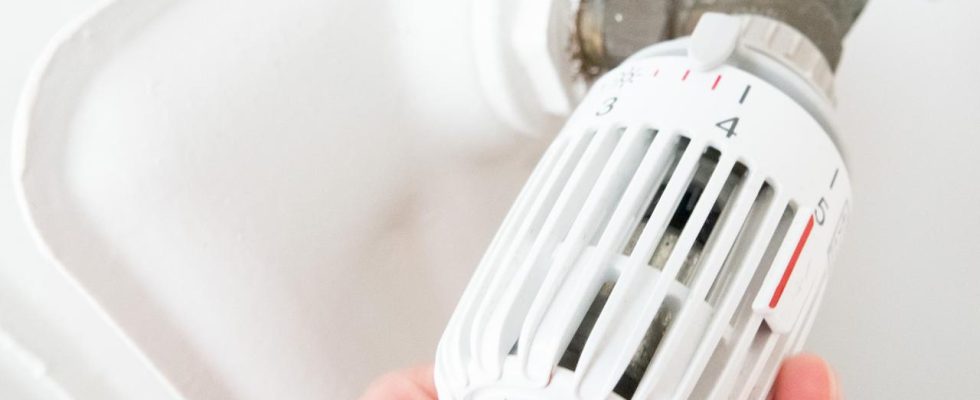The federal government has reacted to the high inflation and high energy prices with several relief packages. In some cases, households are even better off financially as a result, according to a study.
According to a study, the federal government’s three relief packages to cushion high energy prices have partly overcompensated for financial burdens – and supported some households more than necessary. This is the result of a study by the employer-related Institute of the German Economy (IW) in Cologne. Overall, according to the IW, the state has achieved its goal and compensated for a large part of the additional burden.
Total volume of 240 billion euros
According to the study, people with low incomes have particularly benefited from state aid. The federal government has launched a total of 28 measures to relieve the burden on citizens in the crisis, the experts summarize. These include the price brakes for electricity and gas, the 9-euro ticket and the tank discount. The bottom line is that the packages added up to around 240 billion euros.
In addition, for many households there is an employer-financed, tax-free inflation adjustment premium of up to 3,000 euros. Employers can pay this bonus to their employees until the end of 2024. But not every employer makes use of this opportunity.
Housing benefit and child allowance increased
In detail, the economists have calculated that a family of four with an annual gross salary of 40,000 this year and last year had to pay 5388 euros more due to the price increases. The state relieved here with 8543 euros, which means a plus of 3155 euros. The main reason for this is the increase in housing benefit and child allowance, which particularly supports low-income families.
Accordingly, childless normal earners receive less state aid. A single person with an income of 45,000 euros paid a total of 3360 euros due to the price increases. The state gave 808 euros in relief, leaving a gap of 2552 euros. If the single receives the full tax-free one-off payment from the employer, this will result in a plus of 448 euros.
According to IW, the biggest gap is with high earners: for singles with an income of 75,000 euros, a gap of 2861 euros remains even after the state relief – provided there is no inflation compensation premium. For families with an annual income of EUR 120,000, there is a gap of around EUR 6,000.
“Neither on target nor demand-oriented”
“Those who only have a small income were hit hard by the price increase,” said IW tax expert Martin Beznoska. “The state has provided extensive relief here, above all through the housing benefit.”
The conclusion of the study’s authors: “Despite a fundamentally appropriate social staggering of state aid, it can be critically noted that various measures are neither targeted nor needs-oriented and therefore considerable scatter and free-rider effects arise.” Relief packages based on the watering can principle narrowed the fiscal leeway in other policy areas or postponed burdens into the future.

